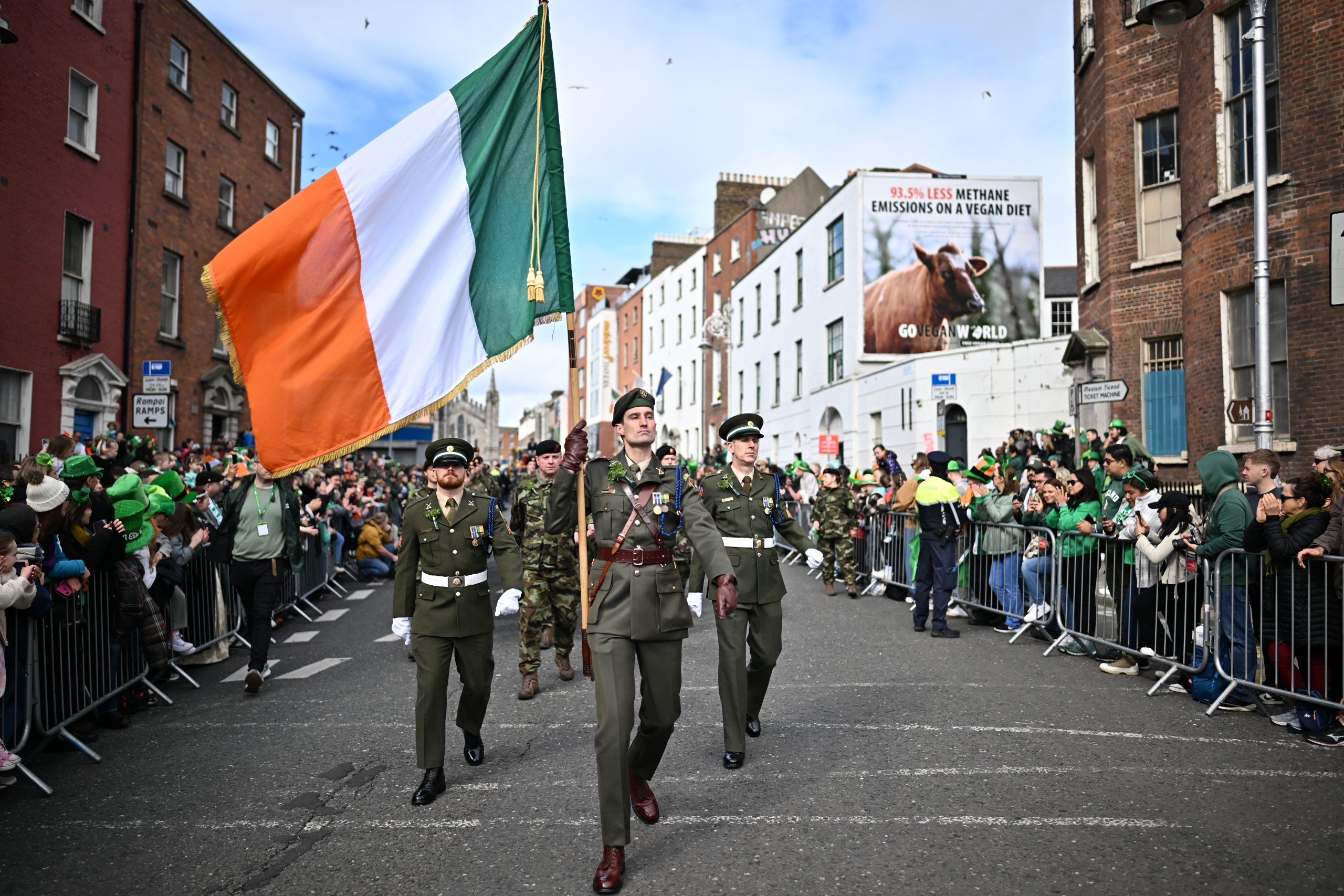Ireland’s remarkable journey from rural poverty to modern prosperity is a compelling narrative rarely explored in its entirety. While often lauded for its vibrant culture and stunning landscapes, the nation’s recent economic success masks a history of hardship and dramatic societal shifts. Fintan O’Toole’s insightful book, “We Don’t Know Ourselves,” provides a personal and historical lens through which to understand this extraordinary transformation.
From Agrarian Roots to Economic Powerhouse
O’Toole masterfully weaves together personal anecdotes with historical context, painting a vivid picture of Ireland’s past. Until relatively recently, Ireland was predominantly an agrarian society, deeply impoverished by European standards. The stark reality, as O’Toole reveals, was a nation where basic amenities like electricity remained elusive for a significant portion of the population well into the 20th century. Even as late as 1961, a majority of rural homes lacked this fundamental utility, highlighting the pervasive poverty that characterized much of Irish life. This wasn’t simply a lack of modern conveniences; it represented a deep-seated economic underdevelopment that shaped the lives and opportunities of generations. O’Toole’s account forces readers to confront the stark contrast between this past and the Ireland we know today.
A Nation Redefined: Social and Political Upheaval
The book doesn’t shy away from the social and political upheavals that fueled this transformation. Ireland’s journey involved grappling with its complex relationship with the Catholic Church, navigating the turbulent waters of its national identity, and ultimately embracing a new economic model. The seismic shifts in social attitudes, a departure from deeply ingrained traditions, and the adoption of progressive policies, all played critical roles in shaping the modern Irish state. This process was far from smooth, marked by periods of significant change and often contentious debate.
Lessons in Economic Development and Social Change
Ireland’s success story offers valuable lessons for other nations striving for economic development and social progress. Its transition from a largely agrarian economy to a modern, technology-driven society is a testament to the power of strategic policymaking, investment in education and infrastructure, and a willingness to embrace change. The nation’s ability to attract foreign investment and foster a thriving tech sector stands as a case study in how a country can leverage its resources and talent to achieve remarkable economic growth. However, this progress has not been without its challenges, raising important questions about income inequality and the need for continued social investment.
Conclusion: A Story of Resilience and Transformation
O’Toole’s “We Don’t Know Ourselves” is more than just a historical account; it’s a compelling narrative of resilience, adaptation, and the remarkable ability of a nation to reinvent itself. Ireland’s journey serves as a potent reminder that even in the face of seemingly insurmountable challenges, profound transformation is possible. The story of Ireland’s progress is a global story, offering valuable insights into the complexities of economic development and social change, worthy of study and consideration by policymakers and citizens alike.
SOURCE INFORMATION:
TITLE: How Ireland wrote the modern story of progress
DESCRIPTION: One of my vacation habits is to take along a book about the place I’m visiting — which is how I found myself on Ireland’s spectacular Atlantic coast last month, paging through a copy of Fintan O’Toole’s We Don’t Know Ourselves: A Personal History of Modern Ireland. O’Toole, a prominent Irish journalist, uses the years […]
SOURCE: Vox
Based on materials: Vox





